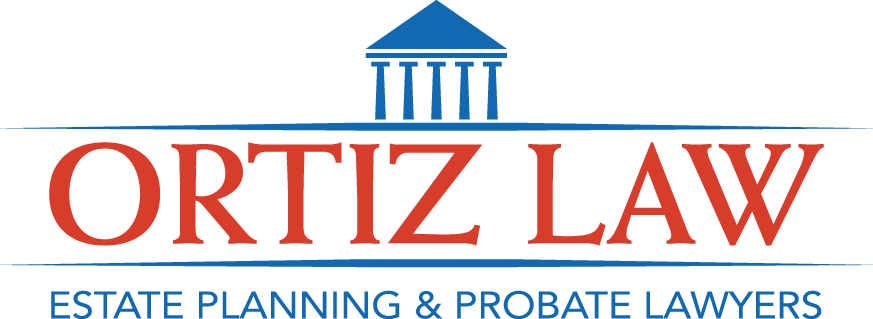Frequently Asked Questions about the Estate Planning Process
-
Estate Planning is a process by which an individual designs a strategy and executes a will, trust agreement, or other documents to provide for the administration of his or her assets upon his or her incapacity or death. Tax planning and general financial planning can be part of this process.
-
An Estate Plan typically consists of four documents: Revocable Living Trust, Pour-Over Will, Durable Power of Attorney, and Advance Health Care Directive. Together, the Trust and Will detail how and to whom you would like your estate distributed when you die, and who you would like to care for your children (and their finances) should something happen to you.
-
The cost will depend on the complexity of your assets and distributions. We will communicate the cost upfront so you know exactly how much your plan will be.
-
A Trust is a legal instrument that identifies who created the trust (the “trustor”), the assets that will be held in trust, the person responsible for managing and administering the trust assets (the “trustee”), the purpose of the trust and the manner and conditions under which distribution of the trust assets may be made.
-
The main purpose of a trust is to streamline the distribution of your estate and avoid probate. In the event of your death, a will simply states where your assets are to go; however, it can take months to probate a will, to sell your property and for your directions to take effect. With a trust, your trustee can take control of your assets immediately and can quickly and simply transfer them to your beneficiaries while avoiding the delay and costs of probate.
-
When you establish a trust you retain control and flexibility over how the assets in the trust are managed and distributed. It provides instructions on what will happen to your assets when you die plus provisions which control what will happen in the event that you become physically or mentally incapacitated. There are other advantages of a trust, such as protecting your privacy, minimizing estate taxes, and making a proper plan to deal with minor children. For instance, you may have a trust set up upon your death to provide for the financial and educational needs of your minor children and terminate on a certain age (age 24 or 30 for example). You can select a trustee who would manage their share of the estate and give them the necessary financial support without allowing them to squander their inheritance.
-
A Durable Power of Attorney allows someone else to manage your finances should you become incapacitated. With a valid power of attorney, your agent will be legally permitted to take care of important matters for you — for example, paying your bills and managing your investments.
-
An “Advance Health Care Directive” is also known as a power of attorney for health care. The primary goal of the Advance Healthcare Directive is to authorize an agent to make healthcare decisions for the principal, or person executing the document.

